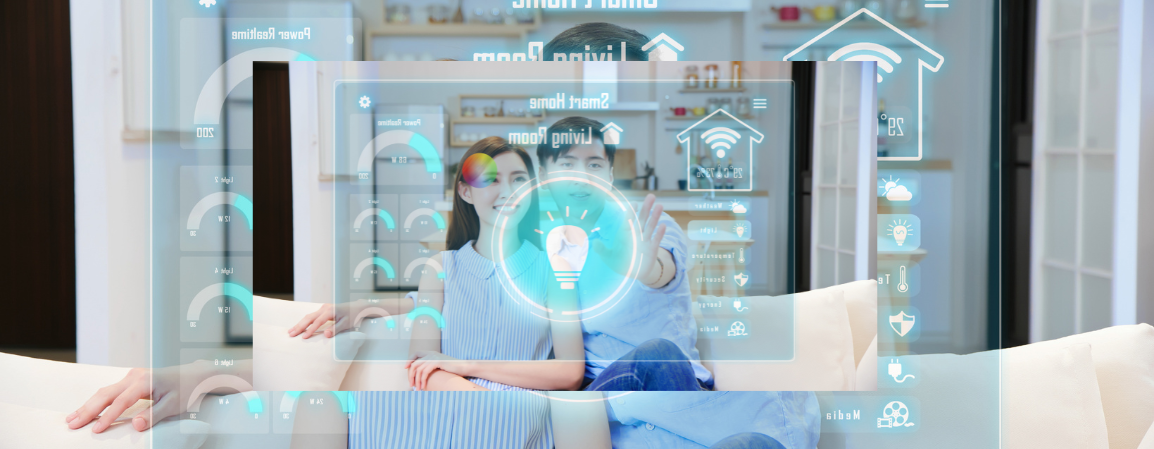AI's Role in Smart Homes
At the forefront of this transformation is Artificial Intelligence, driving smart home automation to extraordinary heights. No longer confined to the realms of science fiction, AI has become the catalyst for enhancing the capabilities of home automation solutions. Its ability to replicate human decision-making and predict user behavior introduces a new era of convenience and support.
In practical terms, AI serves as the brain behind the operation, gathering data from various connected devices within the smart home infrastructure. This data is then processed through various machine learning and deep learning methods, empowering AI to perform specific tasks without human intervention.
Interconnected Devices in Smart Homes
Complementing AI, the Internet of Things weaves an intricate tapestry of interconnected devices, creating a network that communicates seamlessly. From smart appliances to security systems, IoT enables devices to monitor and relay real-time data, fostering a more responsive and interconnected living environment.
The synergy between AI and IoT is not merely about automating device actions; it's about personalization. AI-enabled devices, attuned to user preferences, optimize the living space by adjusting temperature, lighting, and security measures in anticipation of the occupants' needs. This convergence goes beyond mere automation; it introduces a level of intelligence that enhances the overall quality of life.
A Glimpse into the Future: Anticipating User Desires
Let’s explore the potential of AI and IoT in creating a nurturing and supportive environment for the elderly within a smart home.
Imagine a smart home designed to cater to the unique needs of older individuals. The AI system not only monitors health parameters but also learns and adapts to the daily routines and preferences of its elderly residents. In the bedroom, smart sensors could detect restless nights and adjust the lighting or temperature for better sleep quality.
In the morning, the home system could gently remind them to take medications, presenting a daily schedule tailored to their activities and interests. The bathroom could feature smart fixtures that adjust to their needs, ensuring safety and comfort.
For social well-being, the smart home could facilitate virtual connections with family and friends, integrating video calls seamlessly. In case of emergencies, the AI system could alert caregivers or emergency services, providing an added layer of safety. The promise of IoT extends to retrofitting existing devices as well. Converting traditional door locks into Smart Locks with biometric access or upgrading standard home appliances for voice-controlled operation enhances accessibility for elderly residents.
This integration of AI and IoT not only addresses the specific needs of older individuals but also creates a home that actively supports their well-being and independence.
Navigating Challenges: Ensuring Security, Compatibility, and Customer Satisfaction
As pioneers in smart living technology, Tashya TriTech understands the importance of addressing challenges such as data security, interoperability, and customer satisfaction.
We implement robust security measures to safeguard personal information and prioritize interoperability to ensure seamless integration with existing devices and systems. Additionally, our commitment to unparalleled customer service ensures that users receive the support and assistance they need, every step of the way.
At Tashya TriTech, we're not just redefining smart living; we're creating a symphony of AI and IoT technologies that harmonize to enhance lives, elevate experiences, and shape the future of connected living. Connect with us today to embark on this transformative journey towards a smarter, more connected world.


